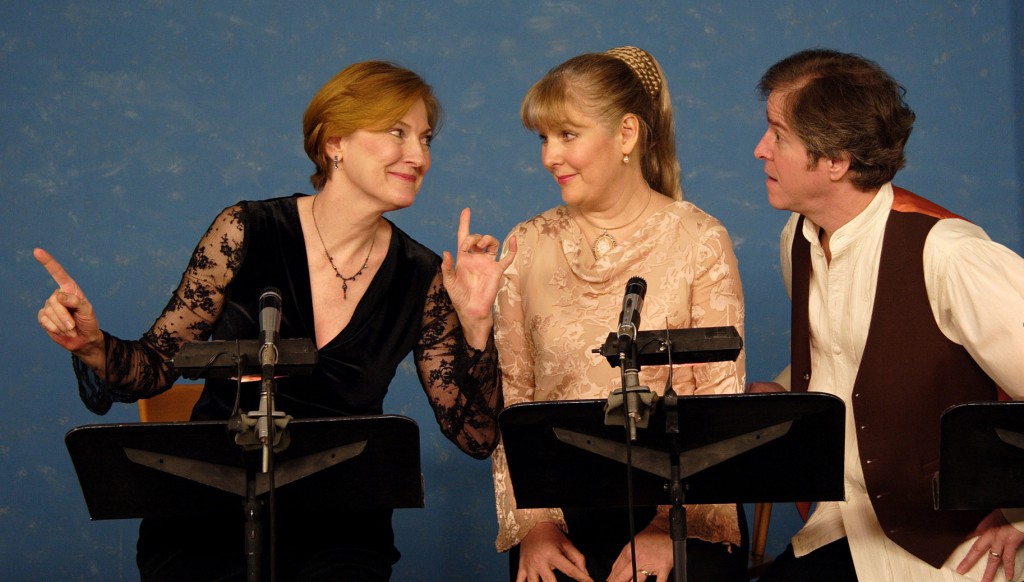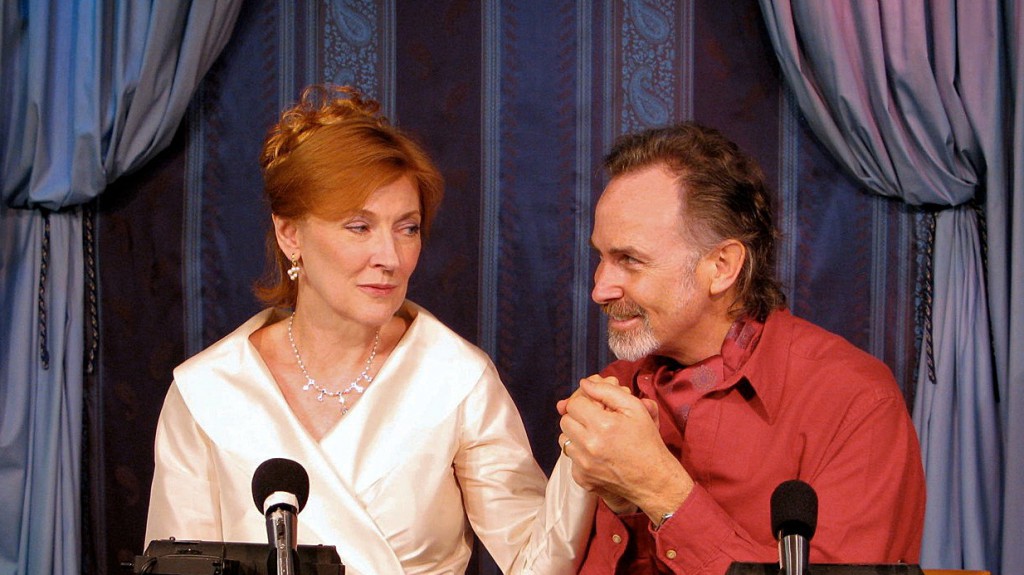The quotations on this page are from Eli Siegel’s great lectures on each of the plays—

Evil Seen Beautifully; or, Voltaire’s Candide
There’s nothing people need more at this time than an accurate, courageous, lively, and beautiful way to see the relation of good and evil! That’s what this presentation is about—and has. In 1951 Eli Siegel, founder of Aesthetic Realism, lectured on Voltaire’s very funny 1759 novel. He said: “Candide, though written in the middle of the polite 18th century, is one of the giddiest, speediest works that ever lived. And its beauty is its speed. It is a poetic, musical composition, with evil presented clearly in a tireless sort of dance.”

Sheridan’s The School for Scandal; or, A Sneer Brightens Everything
“The School for Scandal is a study of the utmost spontaneity and the utmost polish and artifice, a study of pretense and naiveté, a study of hypocrisy and sincerity, a study, in other words, of man in his two great moods: ‘I’m for everything, and I love them’— ‘I don’t give a damn for them’; ‘I want like anything to be known as I am’—and ‘How can I show myself to all these awful people?’”
Molière’s School for Wives; or, Agnes and the Bourgeoisie
“The School For Wives is important because it is one of the most notable fightings of that feeling, ‘If you want to have a woman love you, she can’t be too intelligent.’ That is why the play has remained–along with the fact, to be sure, that it is also beautifully made….It can be called a satire on darksome and sometimes very plain possessiveness….And when it is acted, it can seem like the soul of man proceeding to show itself amid the beating of fast drums.”
Symmetry and Fury in Sheridan’s The Critic
“Two things are present which are ever so hard to manage: the fact that we can reason and have control; also that we are furious cauldrons, molten and bubbling. We are symmetry and unrestraint. And Sheridan, like other writers, other human forces, is a study in fury and symmetry.”
Ibsen’s A Doll’s House; or, How is One Thought Of?
“Every person wants to be seen a certain way….It can be described as good will and respect seen as one….The first thing in good will would be: How does this person want to be seen? And if you are really given to good will, the task of finding out would be more important than any vanity you have….The value of Ibsen is that in a play of 1879, the way a person wanted to be seen was made the dramatic key, pivot, crucial point.”
Strindberg’s The Father; or, What Interferes With Love?
“Strindberg says—and he’s very important for saying it—a woman can, in seemingly yielding to a man, hope to have contempt for him. There is a desire to have someone who seems strong become weak, and in this way to glorify yourself. This is what Strindberg noticed in his married life, and he hated it.”
What is Individuality? or, Sudermann’s Magda
“What is individuality or self? What relation does it have to everything else? The biggest thing in ethics is that when the self is seen most deeply, it is the same as the world—the world of all time and space—not the narrow provincial manners of Germany in the 1870s, or Nebraska in the 1880s, or Dublin in the 1830s, or Tel Aviv in the 1960s.”
Ethics is a Living Thing! Southey’s Wat Tyler
“The neatest presentation of the rights of people is in this play. In a way, Wat Tyler is a miniature masterpiece. It has in it politics, and history, and philosophy.”










